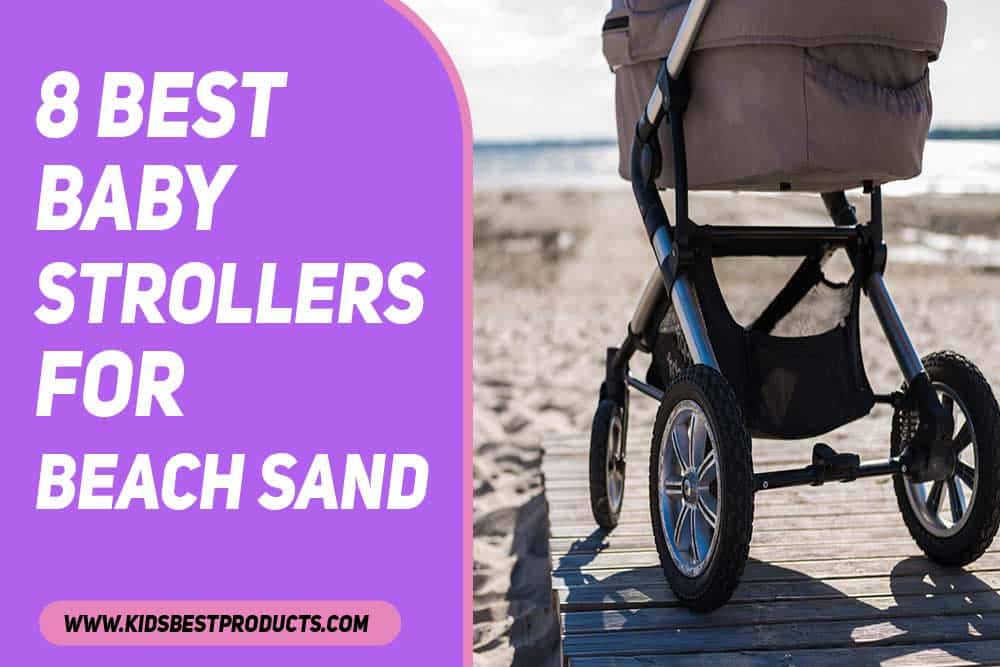Why Babies Chewing on Cribs and How to Prevent Harmful Outcomes

As precious and adorable as they are, babies sometimes develop peculiar habits that take their parents by surprise. One such habit often catches parents off guard is babies chewing on their cribs. This practice is not uncommon, but it can have harmful consequences if not handled correctly. This article will delve into the various reasons why babies chew on cribs, the potential harm it can cause, and some effective strategies to prevent them from doing so. Remember, understanding the whys and hows of this habit is essential to ensuring your baby’s well-being.
Why Babies Chew on Cribs
The journey of growing up is filled with new milestones, including the development of teeth. When their teeth emerge, babies often find themselves experiencing an array of new sensations, from pain and discomfort to itching gums. Chewing on various objects is a natural reaction for babies in this phase to alleviate their teething discomfort.
Teething Process Chewing on Cribs
Babies usually start teething anywhere between 4 to 7 months, although the timeline can vary significantly from one child to another. The teething process can be uncomfortable and even painful for babies, so they instinctively seek relief by gnawing on various objects.
When chewing on something, the pressure applied to a baby’s gums distracts from the soreness caused by the eruption of teeth. Consequently, they often chew their fingers, pacifiers, toys, and even crib railings to alleviate the pain. The act of gnawing not only creates counterpressure but also inadvertently distracts babies from the actual teething pain.
Harmful Outcomes of Chewing on Cribs
While the act of chewing is a natural response to the pain and discomfort caused by teething, it can have unfavorable repercussions when directed toward crib railings. Let’s explore some major concerns parents should be aware of when babies chew on cribs.
A. Tooth Damage
Although temporary, baby teeth are crucial to the development of the child. Chewing on hard surfaces like crib railings can have a detrimental effect on the well-being of your baby’s teeth. Biting down on firm objects can lead to chipping, breaking, or other damage to the otherwise fragile baby teeth.
Moreover, constant chewing can also serve as a precursor to oral health issues such as cavities, plaque buildup, and damage to emerging permanent teeth. Ensuring that your baby doesn’t chew on inappropriate surfaces is a critical aspect of protecting their oral health.
B. Risk of Injuries
Another risk that comes with babies chewing on a crib is the potential for injury. Many cribs are made of wood, and prolonged chewing can gradually wear down railings, creating rough surfaces and even exposing splinters. If babies continue to chew on these railings, they run the risk of suffering from cuts, splinters, and even more severe injuries if they swallow a piece of wood. In some cases, swallowing or choking on small particles may lead to life-threatening complications.
C. Ingesting Toxic Materials
Cribs often have a finish or paint applied to them to enhance their appearance and provide protection. However, there are some cribs that may have questionable paint quality or contain toxic substances. When babies chew on railings, they may inadvertently ingest paint chips containing toxins such as lead, which can cause severe health issues like neurodevelopmental problems, behavior abnormalities, and even long-term developmental impairments.
Making sure the crib finish is free from such harmful substances is vital to protecting your baby’s health and avoiding any unwanted consequences.
D. Anxiety and Stress Indicators
Every baby’s teething experience is different, and while some handle it with ease, others may display signs of stress or anxiety. An increase in anxiety caused by the discomfort may cause an excessive amount of crib chewing. This behavior can be a clear indication that your baby is fighting to cope with the difficulties presented by teething.
Aside from teething-related issues, excessive chewing can be a sign of other underlying emotional or developmental problems. Observing your baby’s behavior is essential so that you can address any concerns as early as possible.
Effective Strategies for Preventing Chewing on Cribs
Protecting your baby from the potential harm caused by chewing on a crib should be a top priority for parents and caregivers. Thankfully, there are several strategies you can employ to keep babies from turning their cribs into personal chew toys.
It’s no secret that babies love to chew on things. Whether it’s their fingers, toes, or favorite toy, they love to put things in their mouths and chew away. Unfortunately, this can also extend to chewing on cribs.
Crib chewing can become a problem for a few reasons. First, it can damage the crib, leaving you with a costly repair bill. Second, it can be a safety hazard for your baby. Splinters from the wood can break off and get caught in your baby’s throat, or paint chips can flake off and be ingested.
1. Use Teething Toys
Having access to various teething toys designed to relieve gum discomfort can help keep babies from resorting to chewing on their crib. Many teething toys exist on the market, ranging from silicone-based designs to soft and textured fabric options. These toys can provide the necessary relief for your baby’s gums, guiding their attention toward safe alternatives instead of their cribs.
2. Implement Crib Rail Guards
If your baby persists in chewing on their crib despite having teething toys, consider using crib rail guards. These guards can be easily installed on any crib railing and are available in different materials such as plastic, rubber, or fabric. Some are even designed with fun patterns to not only protect your baby from harm but also entertain them.
3. Opt for Non-Toxic Finishes
As a parent, you should always choose a crib that utilizes non-toxic finishes to guarantee your baby’s safety. This approach prevents your child from ingesting harmful substances if they decide to chew on the crib railings.
4. crib with a smooth
Buy a crib with a smooth finish. Babies are less likely to chew on a crib with a smooth finish because there’s nothing for their teeth to grip onto.
5. clear coat of varnish
Apply a clear coat of varnish to the crib. This will create a smooth, shiny surface that babies are less likely to chew on.
6. Wrap the crib
Wrap the crib in clear plastic. This will create a barrier between your baby’s teeth and the crib.
Place a blanket over the crib. This will provide a soft surface for your baby to chew on instead of the hardwood.
7. Tasting Spray to crib
Apply a bitter-tasting spray to the crib. This will deter your baby from chewing on the crib because they won’t like the taste.
8. Place Barrier
Place a physical barrier between your baby and the crib. This could be a crib bumper or a piece of furniture placed in front of the crib.
9. Distract your baby
Distract your baby from other activities. This could be playing with them, reading to them, or giving them a toy to play with.
10. Put the crib in a room
Put the crib in a room that your baby doesn’t have access to. This will prevent them from getting to the crib in the first place.
Some Additional Tips And Tricks to Keep Baby From Chewing on Crib
As a parent, you may be wondering what problems can be caused if the baby does chewing on the crib. Your baby is growing and exploring their environment. At this stage, they may be putting everything in their mouth, including the bars of their crib. While this is normal behavior, it can be a cause for concern.
Cribs are made of hardwood or metal, and the paint used on them may contain lead. If your baby is constantly chewing on the crib, it could be ingesting lead. This can lead to lead poisoning, which can cause developmental delays, behavior problems, and learning difficulties.
If you’re concerned about your baby chewing on their crib, there are some things you can do to help prevent it. First, make sure that there are no loose objects in the crib that they can choke on. Second, use a bitter-tasting spray on the bars of the crib. This will deter your baby from chewing on the crib, but it’s important to use a safe, non-toxic spray. Finally, you can provide your baby with chew toys that are safe for them to chew on.
If you’re concerned about your baby’s chewing habits, talk to your pediatrician. They can help you determine if there are any underlying issues that need to be addressed.
When to Seek Professional Help
As a parent or caregiver, monitoring your baby’s behavior is crucial in determining if they need professional help. If your baby demonstrates an excessive amount of chewing or persistent anxiety-related teething behaviors even after being provided with teething toys and other alternatives, seek advice from a pediatrician or child psychologist. These professionals will be able to provide guidance on how to deal with the issue.
Conclusion
Parents play a critical role in ensuring their babies’ well-being by being aware of the potential risks associated with chewing on cribs. The various reasons for this habit, the harm it can cause, and effective strategies to prevent it are important aspects to consider. By staying vigilant and always taking appropriate precautions, you can help create a safe environment for your baby as they grow and develop.

Newsletter Signup
Subscribe to our weekly newsletter below and never miss the latest product or an exclusive offer.


